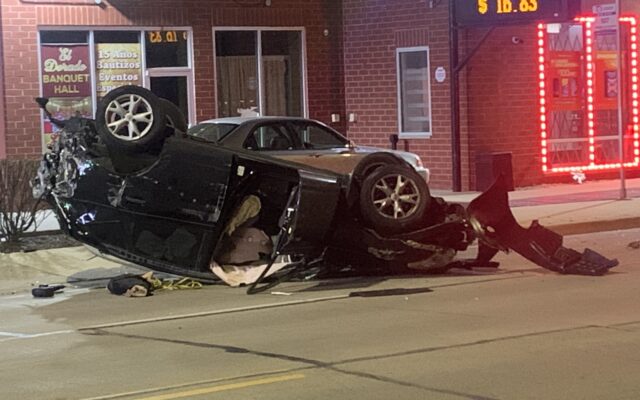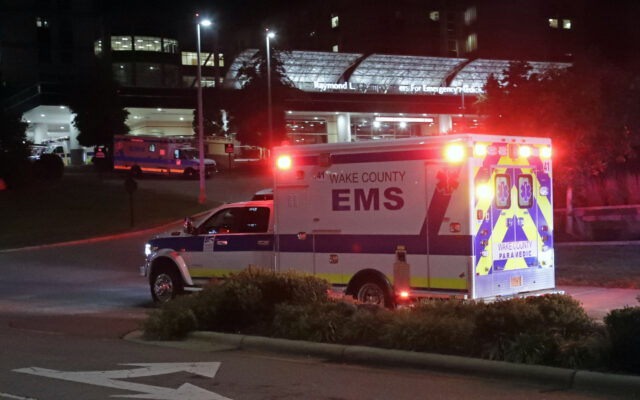Researchers at the University of Illinois Chicago have been selected to take part in a national initiative researching “long COVID.”

Researchers at the University of Illinois Chicago will be working to better understand why some experience long-term effects after having COVID.
A team at UIC has been awarded approximately $22 million from the National Institutes of Health to work as part of a national study over the next four years. What’s been termed long COVID is a phenomenon that happens when the acute contagious infection of COVID goes away, but people still experience lingering symptoms.
“These symptoms can be anything from fatigue to difficulty breathing,” said Dr. Sarah Donohue, director of Research Services at the University of Illinois College of Medicine Peoria. “People have reported brain fog and difficulty concentrating. It’s really interesting to try to figure out what in the world is going on and why these symptoms are so different in different people.”
As part of the national study, UIC will lead an Illinois-based research consortium, focused on understanding long COVID in adults and its impact on vulnerable communities in both rural and urban areas.
“This is really an effort of team science,” Donahue said. “We haven’t done this before with collaboration across so many different disciplines and it’s really exciting to be able to offer this to the people of Illinois, to be part of a study that is so large going across many states.”
The goal is to figure out who’s getting long COVID, what characteristics they have in common, and why the symptoms can be so different.
“Who is getting it, what characteristics do they have in common,” Donahue said. “What is happening in terms of the biology? What sort of molecular and biologic mechanisms are going on to cause these different types of symptoms?”
Recent estimates suggest up to 50% of patients may experience long COVID. An interdisciplinary team from UIC will help in the effort, with participants from pulmonology, emergency medicine, public health, psychology, and psychiatry.
“The hope is as we’re understanding it, we will also learn more about how we can treat it,” Donahue said. “There’ll be clinical trials that are planned for this to really help the people who have these symptoms, because these symptoms are extremely debilitating.”
Researchers hope to enroll and follow around 1,000 Illinois adults from Chicago, Peoria, and surrounding communities. Those accepted will fill out a health survey, get a brief physical exam, and have lab tests performed periodically for up to four years.
“We’re looking for certain percentages of people that fall into categories, [including] those who have had COVID in the past versus more recently,” Donahue said. “We’re looking for a wide variety of people who are close enough to Chicago and Peoria that they would be able to potentially get to a medical center for testing.”
Anyone interested in taking part in the study can find more information at illinet.org. Enrollment for the Chicago area is now open, with Peoria and central Illinois beginning later this spring.
Illinois Radio Network






